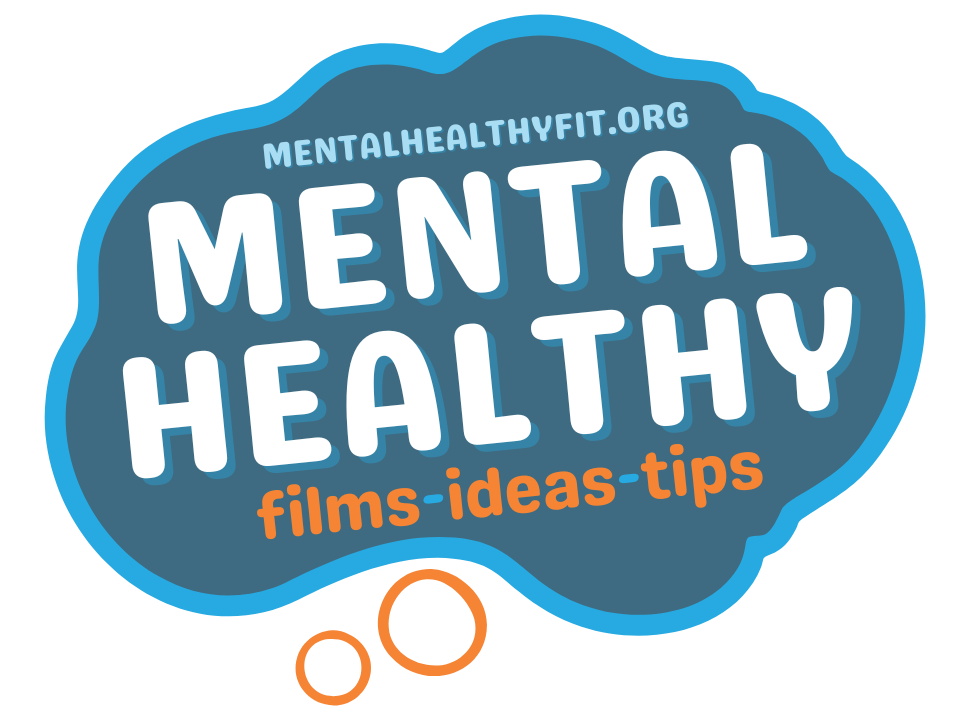National Recovery Month and Suicide Prevention Day: Supporting Each Other on the Journey
As we move through National Recovery Month, we’re reminded of the strength and resilience it takes to face mental health and substance use challenges and to share with those who are still struggling that recovery is possible. It’s a journey that requires courage, patience, and community support. Whether it’s substance use, mental health challenges, or both, this month highlights the importance of accessible resources and a stigma-free environment where people can seek help without fear or shame.
Today, we also mark World Suicide Prevention Day, a time to focus on raising awareness and offering support to those who may be battling silently. Suicide can feel like an isolating subject, but the truth is, talking about it saves lives. If you or someone you know is struggling, reaching out can be life-changing, and there is no shame in asking for help.
Both occasions remind us of the importance of mental health, community, and support.
How You Can Help:
* Check-in: A small message or call can mean the world to someone who’s struggling. Whether it’s a friend, family member, or co-worker, simply asking, “How are you doing?” can open a door.
* Listen without judgment: Sometimes, just being there and offering a compassionate ear can make all the difference.
* Practice empathy: Offering understanding instead of making assumptions. Remember, everyone’s journey is unique.
* Spread awareness: Share resources, like local or national suicide prevention hotlines, support groups, or therapy options. Encourage open conversations about mental health.
Resources You Can Share:
* National Suicide Prevention Lifeline (services in English and Spanish) - 988
* Utah Crisis Line - (801) 587-3000
* Utah Addiction Hotline - 866-210-1303
Use National Recovery Month and today’s Suicide Prevention Day to continue working together to create a supportive community where everyone feels seen, heard, and valued. Take time to spread awareness, share resources, and show that recovery is possible. No one should feel alone on this path—your voice and support matter. Every life is precious, and through kindness, understanding, and community, we can create a culture where no one feels they have to face their darkest moments alone.

